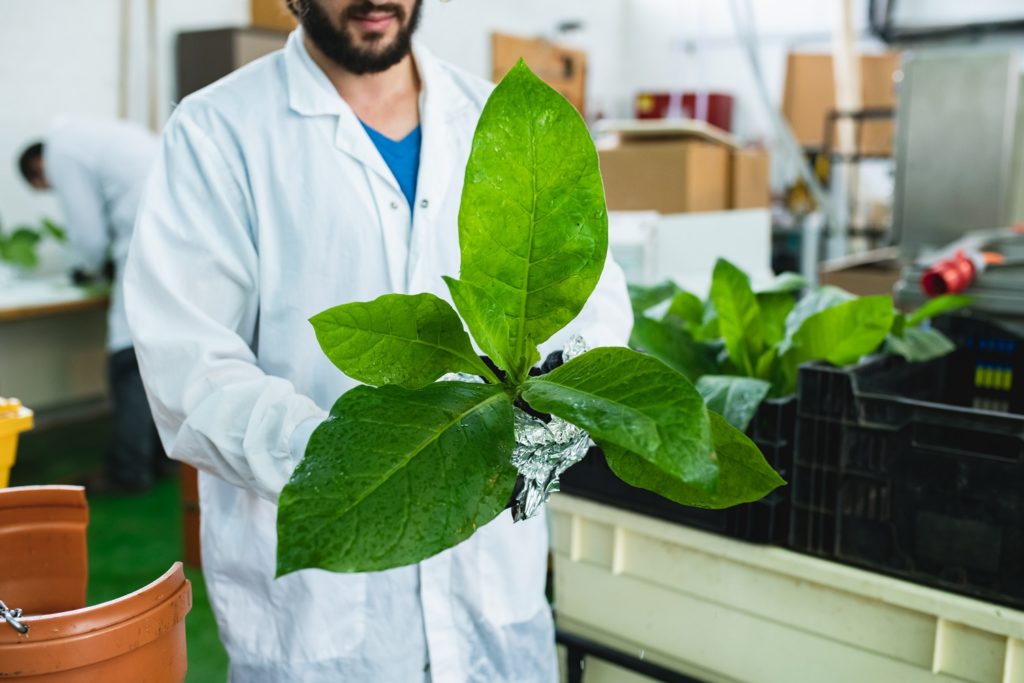4 Mins Read
The Israeli Innovation Authority has granted final approval for the world’s largest cultivated meat consortium. The three-year project has been awarded $18 million in government funding to progress developments as the global cultivated meat race heats up. The consortium initiation was led by Good Food Institute Israel (GFI) GFI Israel grantee Gaya Savion and the Tnuva Group, Israel’s largest food manufacturer.
Fourteen companies make up the consortium, alongside ten academic laboratories. Some of the world’s leading cultivated meat innovators are involved, though no names have been confirmed. The aims of the project are to drive down manufacturing costs associated with cultivated meat production while investigating scaling opportunities. It operates as part of the Israeli Innovation Authority’s ‘Magnet Consortiums Program’ that seeks to progress R&D activities, prior to commercially competitive launches.

Israel’s star in ascension
Israel is already recognised as one of the leading players in the cultivated meat sector. Reporting a record year for investment and new company foundation in 2021, the country was already on track to offer the U.S. stiff competition in terms of the range of products available and is on track for regulatory approval. However, where it fell behind was with investment, despite securing 36 percent of all investments made in 2021. News of significant government backing has bolstered Israel’s position and lends optimism that approvals are not far away.
“The synchronization between the innovation in food technologies and regulation is crucial in ensuring that we provide these technologies with a clear path to market and capitalize on the advantages that these technologies bring,” Alla Voldman-Rantzer, director of strategic alliances at GFI Israel said in a statement. “Now, more than ever, governments need to find ways to ensure national food security. Alternative protein technologies, and cultivated meat in particular, are essential components in that regard, just as they are essential in bringing forth a sustainable and just protein supply”

Edging closer to consumer launch
The consortium’s approval and funding are being heralded as potential stepping stones to such synchronisation. Both come at a crucial juncture for the industry. Despite Singapore remaining the only country to grant approval for the sale of cultivated products, to just one company, the rest of the world is seeking to be next in line.
“This is an unprecedented governmental commitment on a global scale, in a cellular agriculture consortium and more particularly cultivated meat which will enable Israel to maintain its leadership in one of the most significant areas in Foodtech,” Shai Cohen, chief innovation officer at Tnuva Group and chairperson of the consortium said in a statement.
“Collaboration between leading cultivated meat companies, leading food manufacturers who bring the expertise of implementing these technologies in scale and researchers in academia, is essential to create a breakthrough this field and to make the products accessible to the general public”.

Israel’s big cultivated meat players
All of Israel’s most progressive cultivated meat startups are busy unveiling new developments and strategic partnerships, in a bid to normalise the products and inch nearer to consumer release.
SuperMeat recently confirmed an agreement with PHW to develop cultivated poultry products specifically for European release. The two will work on chicken, duck, and turkey products, after signing a Memorandum of Understanding in March. It comes after SuperMeat’s successful taste-test event at its restaurant and lab facility, The Chicken.
Future Meat has announced its own strategic partnership, with Bangkok’s Charoen Pokphand Foods (CPF). The two will be specifically creating hybrid products for the Asian market, with Future Meat manufacturing lines that CPF knows will prove popular.
Most recently, BioBetter has unveiled its latest success: using tobacco plants to reduce the costs associated with cultivated meat production. The startup has proven that tobacco plants are excellent natural bioreactors, thus reducing operational costs exponentially.
Lead photo by SuperMeat.





